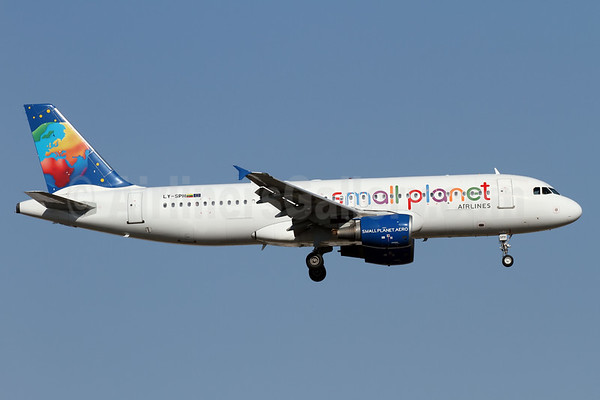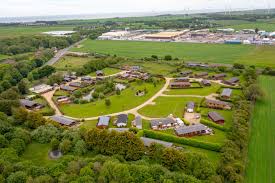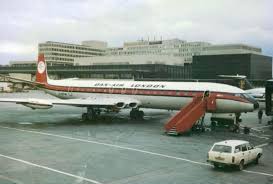Exploring Lithuania: Culture, History, and Current Events

The Importance of Lithuania
Lithuania, a beautiful Baltic state, is known for its rich history and vibrant culture. It has gained prominence as a key player in European affairs and attracts tourists with its unique blend of natural beauty and historical architecture. As it navigates its post-Soviet transformation, Lithuania remains relevant on the geopolitical landscape, particularly in the context of European unity and security.
Current Events Shaping Lithuania
In recent months, Lithuania has been in the news due to various significant developments. The nation has strengthened its defence posture following increased tensions with Russia, intensified by its invasion of Ukraine. Lithuanian officials have called for increased NATO presence in the region to bolster security, resulting in more military exercises and cooperation with allies.
Moreover, Lithuania has embarked on a campaign to support Ukraine, providing humanitarian aid and offering military assistance. The Lithuanian government’s proactive stance reflects its commitment to regional stability and support for democratic values. This support has resonated throughout the European Union, further solidifying alliances against authoritarian regimes.
Culture and Tourism in Lithuania
On the cultural front, Lithuania continues to foster its unique heritage. The capital, Vilnius, with its stunning Baroque architecture and a UNESCO World Heritage Site, has seen an increase in tourism. Visitors flock to explore the city’s vibrant arts scene, ranging from classical music to modern street art, which reflects the country’s tumultuous history and contemporary spirit.
This year, Lithuania is hosting various cultural events and festivals, reinforcing its identity while attracting international visitors. The country is also making strides in promoting sustainable tourism, ensuring that the natural beauty of places like the Curonian Spit continues to thrive.
Conclusion: Looking Forward
As Lithuania strengthens its role in European and global affairs, it remains a beacon of democracy and resilience in Eastern Europe. With its dynamic approach to both cultural and international challenges, Lithuania is poised for continued growth and influence. For readers, understanding Lithuania’s journey is essential in appreciating the complexities of European geopolitics and the rich cultural tapestry that forms this Baltic nation.









